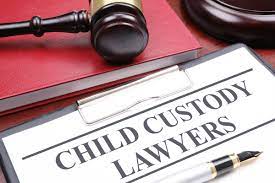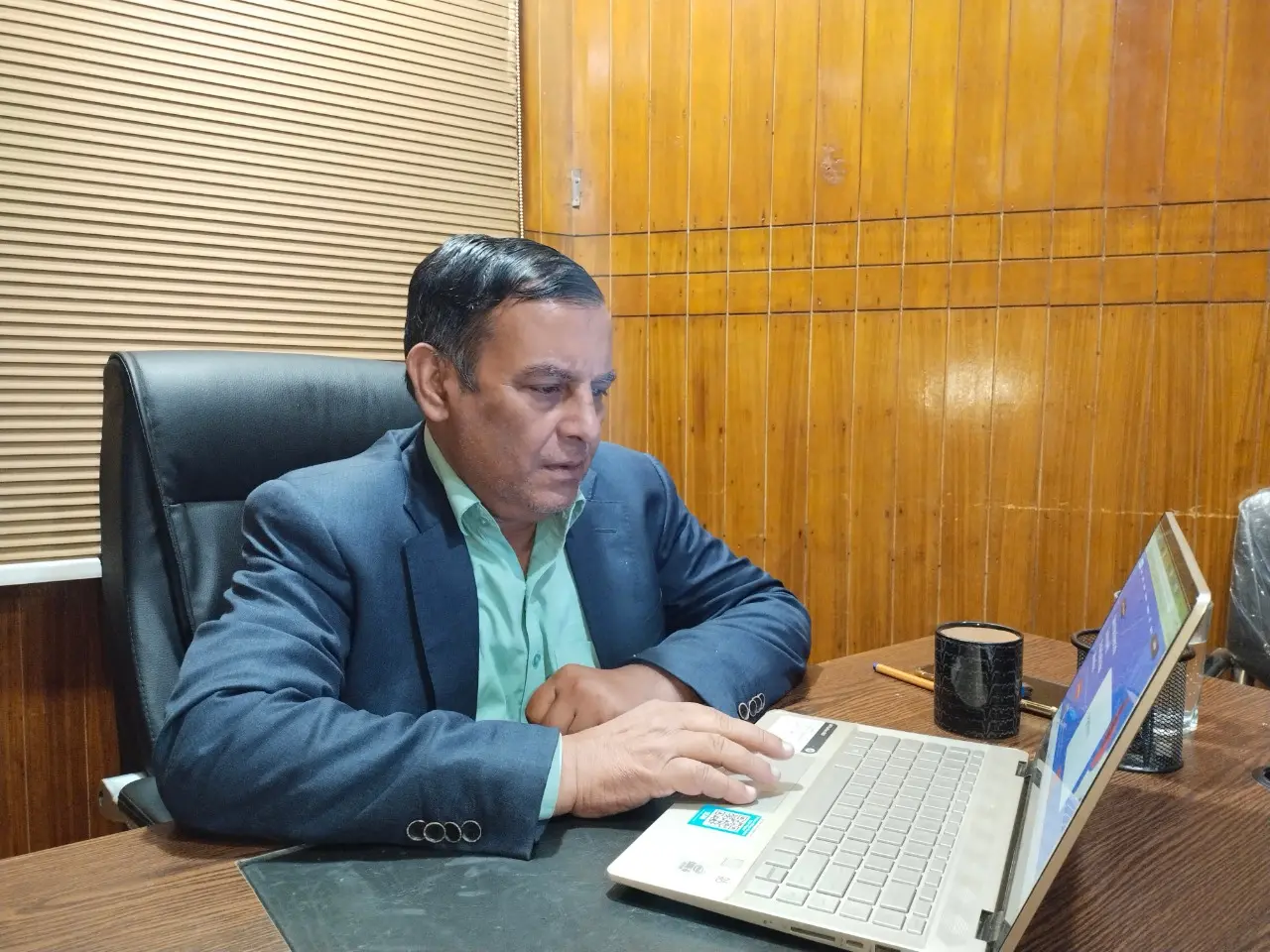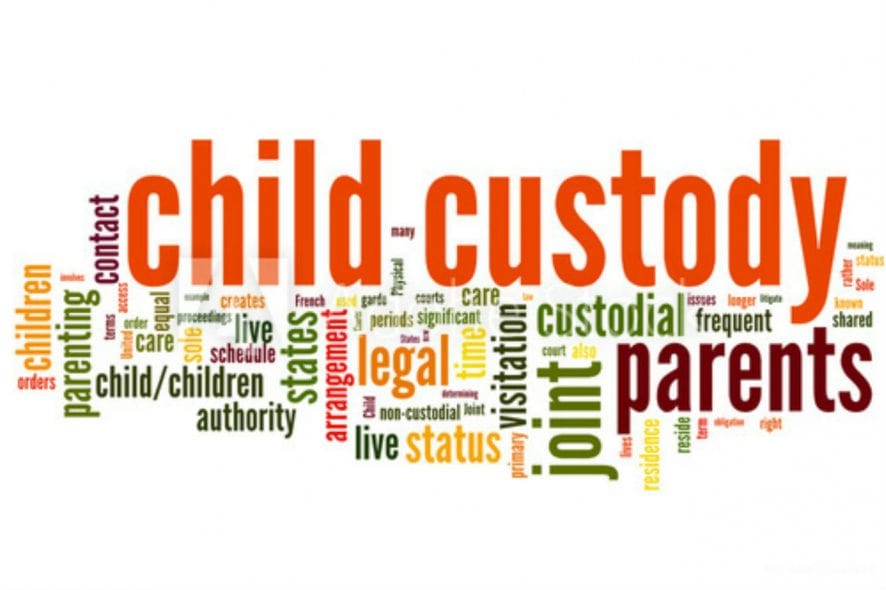Child Custody Laws | Best Child Custody Lawyers in Karachi, Pakistan
Child Custody Laws in Pakistan & Our Lawyers in Karachi
Child Custody Laws and Lawyers in Karachi: Right Law Associates stands out as a prominent family law firm in Karachi, Pakistan, renowned for child custody laws. Our team of highly skilled and compassionate child custody lawyers is dedicated to safeguarding children’s best interests during divorce or separation proceedings. With a deep understanding of Pakistan’s legal system and a commitment to personalized client care, Right Law Associates ensures that each case is approached with sensitivity and expertise. Their lawyers are adept at navigating the intricacies of child custody laws, striving to achieve favorable outcomes for their clients. Known for their professionalism and client-centric approach, Right Law Associates has earned a solid reputation as the go-to choice for individuals seeking Karachi’s best child custody representation.
Child custody laws in Pakistan govern the legal arrangements regarding the custody and care of children when parents separate or divorce. It is vital to have a solid understanding of these laws to protect the child’s best interests.

Legal Service

Let's Connect
- 0309-8880855
- [email protected]
- Suite No. 5, 2nd Floor, Laraib Centre, Mangla Road, Karachi Company, G-9 Markaz, Islamabad Pakistan
Types of Child Custody
In Karachi, Pakistan, there are generally two types of custody: physical and legal. Physical custody refers to where the child primarily resides, while legal custody grants the right to make crucial decisions regarding the child’s upbringing, such as education, healthcare, and religion.
Best Interests of the Child
The primary consideration in child custody cases is the child’s best interests. The courts in Karachi assess various factors to determine what arrangement will be most favourable for the child’s well-being, including the child’s age, health, emotional and educational needs, and the ability of each parent to provide a safe and stable environment.
Child Custody Disputes
If parents cannot reach an agreement on custody, they may seek the court’s intervention. The court will evaluate the evidence and arguments presented by both parties and decide based on the child’s best interests. Mediation and counselling may also be recommended to resolve disputes amicably.
Joint Custody of Child
Karachi recognises joint custody, where both parents share physical and legal custody of the child. Joint custody allows both parents to participate in the child’s life and decision-making process actively.
Child Custody: Visitation Rights
Non-custodial parents have the right to visitation with their child. The court may establish a visitation schedule that ensures regular and meaningful contact between the child and the non-custodial parent. Visitation rights can also be modified or restricted if there are concerns about the child’s safety or well-being.
Modification of Child Custody Orders
Custody orders can be modified if a significant change in circumstances warrants a modification in the child’s best interests. This could include relocation, remarriage, or changes in the child’s needs or preferences.
International Child Custody Issues
In cases involving international custody disputes, Karachi follows international conventions and laws to resolve conflicts and ensure the child’s welfare, including the Hague Convention on the Civil Aspects of International Child Abduction.


It is crucial to consult with a knowledgeable child custody lawyer in Karachi, Pakistan, who can guide the specific laws and procedures applicable to your case. Understanding child custody laws and working with legal professionals can help ensure a fair and favourable outcome prioritising the child’s well-being.
Impact of Divorce on Child Custody Matters: Exploring the Consequences
Divorce can profoundly impact child custody matters, often leading to complex legal and emotional consequences. When a marriage dissolves, the issue of child custody becomes paramount as parents strive to establish their rights and responsibilities regarding the upbringing of their children. Custody matters can quickly become contentious, necessitating the involvement of experienced custody lawyers who specialise in navigating the legal intricacies of such cases. These legal professionals provide invaluable guidance and representation, working diligently to ensure the children’s best interests are upheld throughout the custody proceedings. The consequences of divorce on child custody matters can be far-reaching, influencing not only the immediate living arrangements but also the long-term well-being and stability of the children involved. Parents need to approach these matters with sensitivity, cooperation, and a focus on the best interests of their children, seeking the support of skilled custody lawyers to navigate this challenging terrain.
Child Custody Versus Guardianship
Child custody and guardianship are two legal concepts that address the care and responsibility of children. While they may seem similar, it is vital to understand the distinctions between them. Child custody refers to the rights and responsibilities of parents or legal guardians in making decisions for the child and providing for their well-being. It encompasses aspects such as where the child will reside, education, healthcare, and general upbringing. Custody determinations are typically made in divorce or separation, where the court assesses the child’s best interests and decides which parent or guardian will have physical and legal custody.
On the other hand, guardianship pertains to situations where a person who is not the child’s biological or adoptive parent assumes legal responsibility for the child’s care and protection. This often occurs when a child’s biological parents cannot fulfil their parental duties. Guardians may be relatives, family friends, or individuals appointed by the court. Guardianship grants the appointed individual legal authority to make decisions on behalf of the child, ensuring their well-being and providing stability and support.


Child Custody Lawyers: Navigating Complex Cases for the Best Interests of the Child
Child Custody Cases: Complexities of Child Custody Cases in Pakistan
Child custody cases in Pakistan involve numerous factors influencing the court’s decision, with the paramount objective always being the child’s welfare. These cases can be complex and challenging, requiring experienced legal professionals to navigate the intricacies of the legal system. One important consideration is the duration of a child custody lawsuit, which can often extend beyond the recommended six-month deadline set by the High Courts. Given the complexities involved, including the psychological impact on the child, the litigation process may span several years, including potential appeals and miscellaneous applications.
Child Custody Law & Rules: Factors Considered in Custody Determination
When determining custody, the court examines various factors, including the child’s age and gender, the conduct of both the custodial and non-custodial parents, child maintenance payments, adherence to visitation schedules, the bond between the child and each parent, the background of both parents, their prospects, and, ultimately, the paramount welfare of the child.
Guardianship and Child Custody: Exploring Legal Options and Trends
Anyone related to the child can apply for guardianship, including adopting foster parents in adoption cases. By default, the father is considered the natural guardian due to assuming financial responsibility for the child. However, there is an emerging trend of joint custody, where parents strive to share nearly equal time with the child to prevent alienation from either parent or their extended families. While joint custody is not yet the norm, parents, especially fathers, should seek fair visitation schedules and explore legal avenues if dissatisfied with the arrangements.
Legal Age For Child Custody
Child custody age thresholds vary based on the Islamic school of thought. Under Shia law, a mother’s right of “Hizanat” typically extends until the child is 2 years old for a son and 7 years old for a daughter. Under Sunni law, the mother’s hizanat generally extends until the son reaches 7 years of age and until the daughter reaches puberty (around 9 years old, as considered by the courts).
Child Custody: Scrutinizing Factors in Determining Custodial Eligibility
Rigorous Legal Process of Child Custody Cases with Our Expert Guidance
Our law firm takes immense pride in the unwavering dedication and expertise of specialized family lawyers who navigate the intricate terrain of child custody and guardianship matters. With a profound understanding of the complex legal procedures involved, our team stands as a beacon of support for individuals facing the challenges of custody disputes. Our family lawyers exhibit legal prowess and a compassionate approach, recognizing the emotional nuances entwined in such sensitive cases. Clients can rely on our commitment to ensuring the welfare and well-being of the child, as our lawyers work tirelessly to secure favorable outcomes within the bounds of the law. When faced with the daunting legal journey of child custody, our firm provides a steadfast guide, offering unparalleled expertise and unwavering support.
Secure Your Child's Future with Our Expert Guidance For Legal Custody of Your Child
If you find yourself navigating the complexities of child custody or guardianship matters, trust our specialized family lawyers to be your dedicated allies. With a proven track record of expert guidance and compassionate representation, we are committed to safeguarding your child’s best interests. Take the first step towards a favorable resolution by reaching out to us today. Our team is ready to provide the legal support you need to successfully navigate the rigorous process of child custody cases. Your child’s welfare is our priority – let us stand by you during this challenging journey. Contact us now to schedule a consultation and benefit from our unwavering commitment to your family’s well-being.
